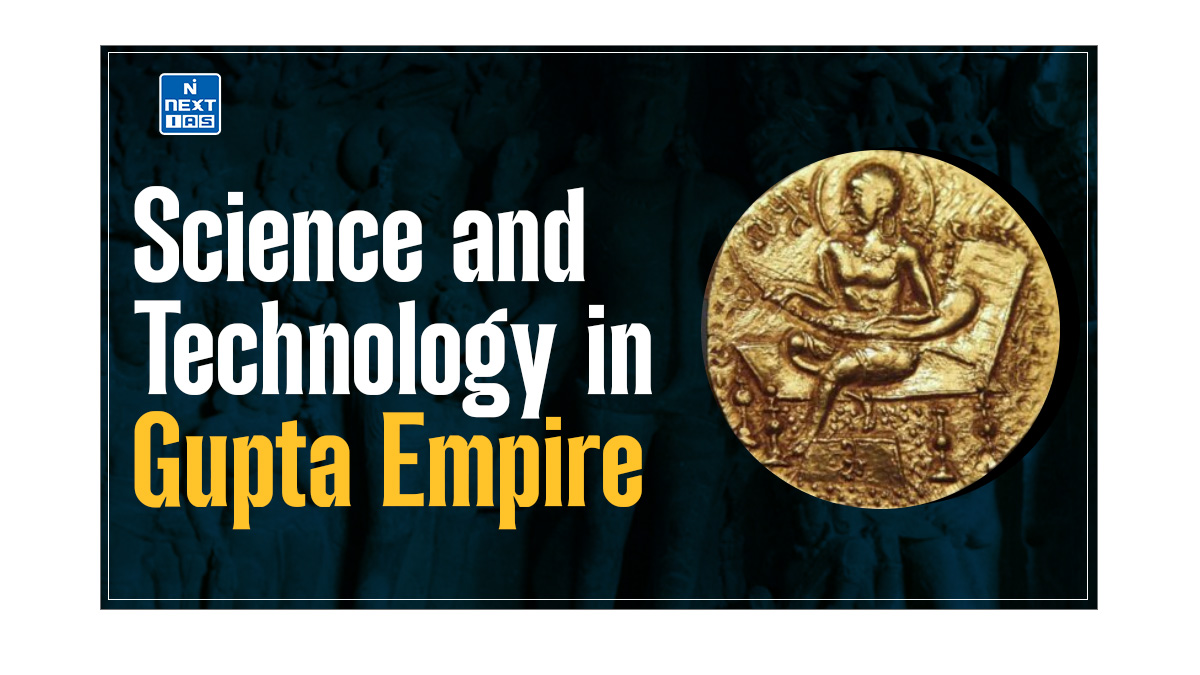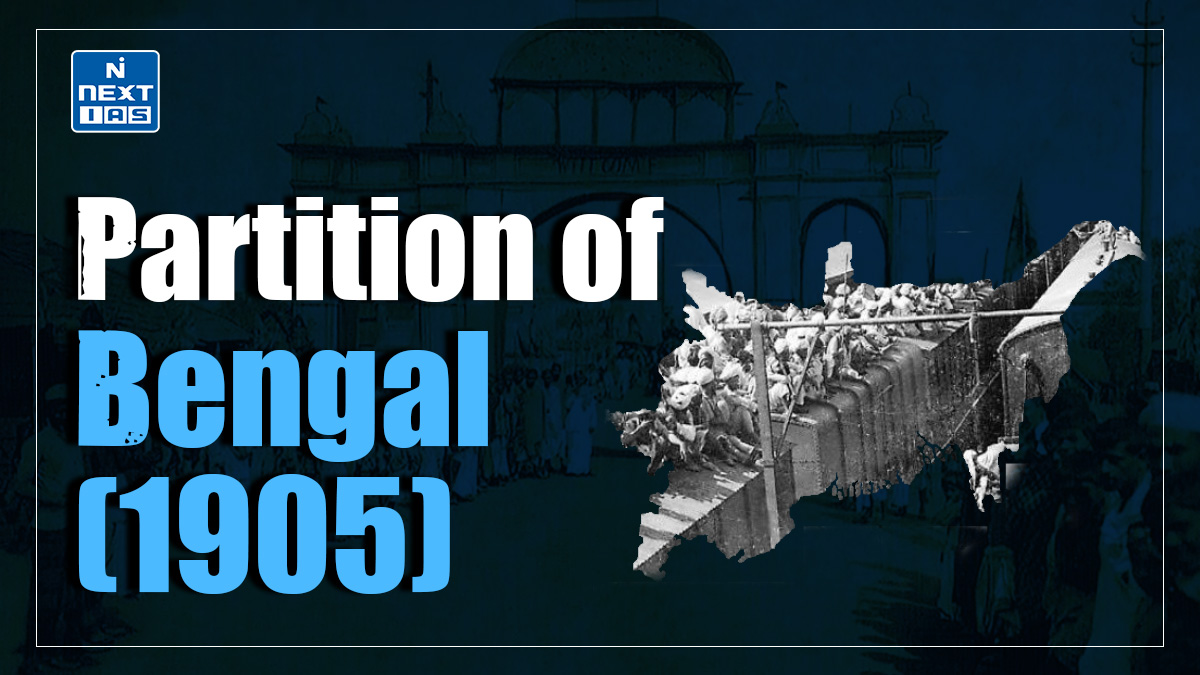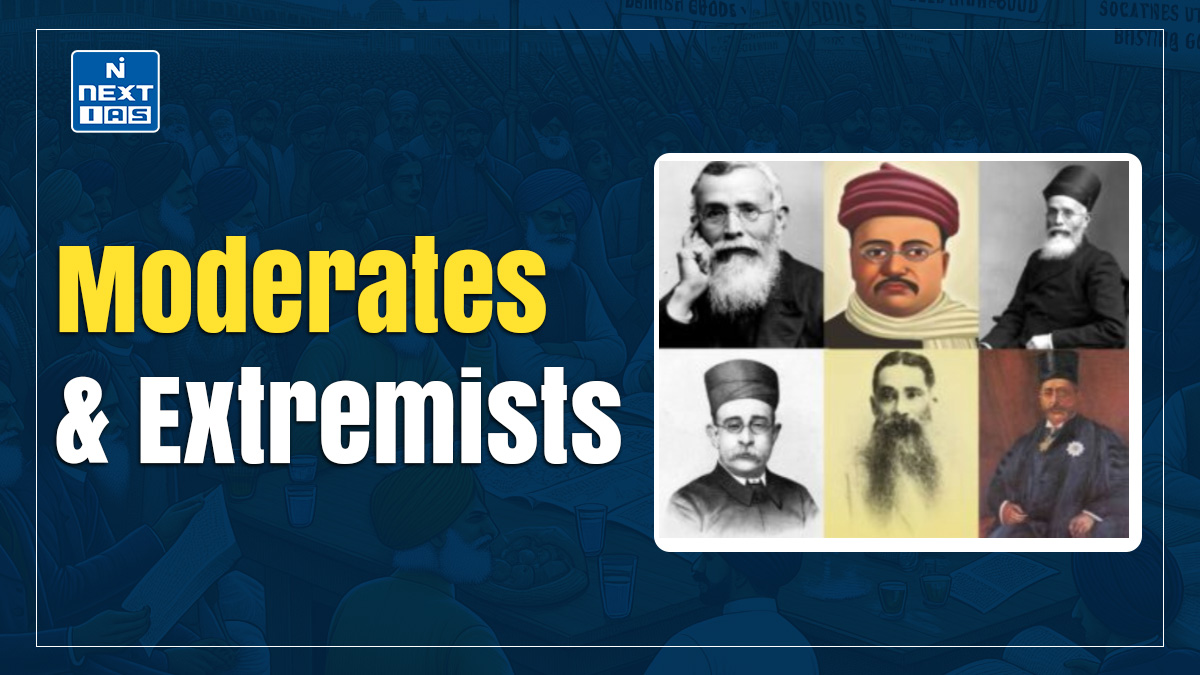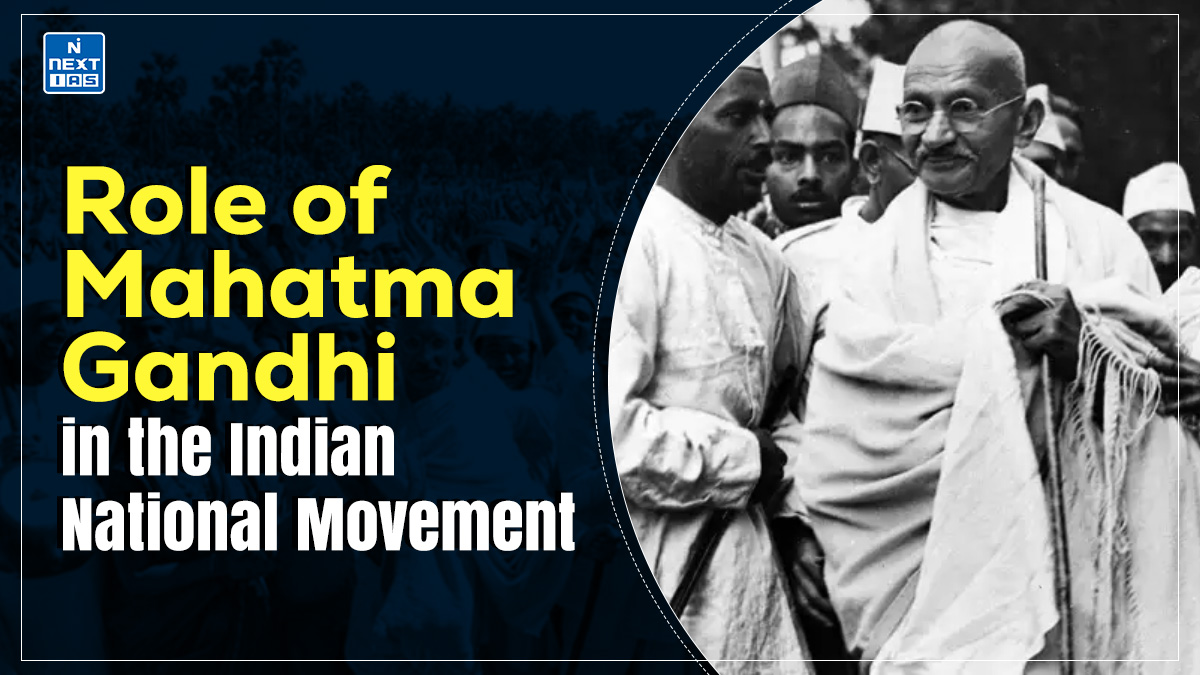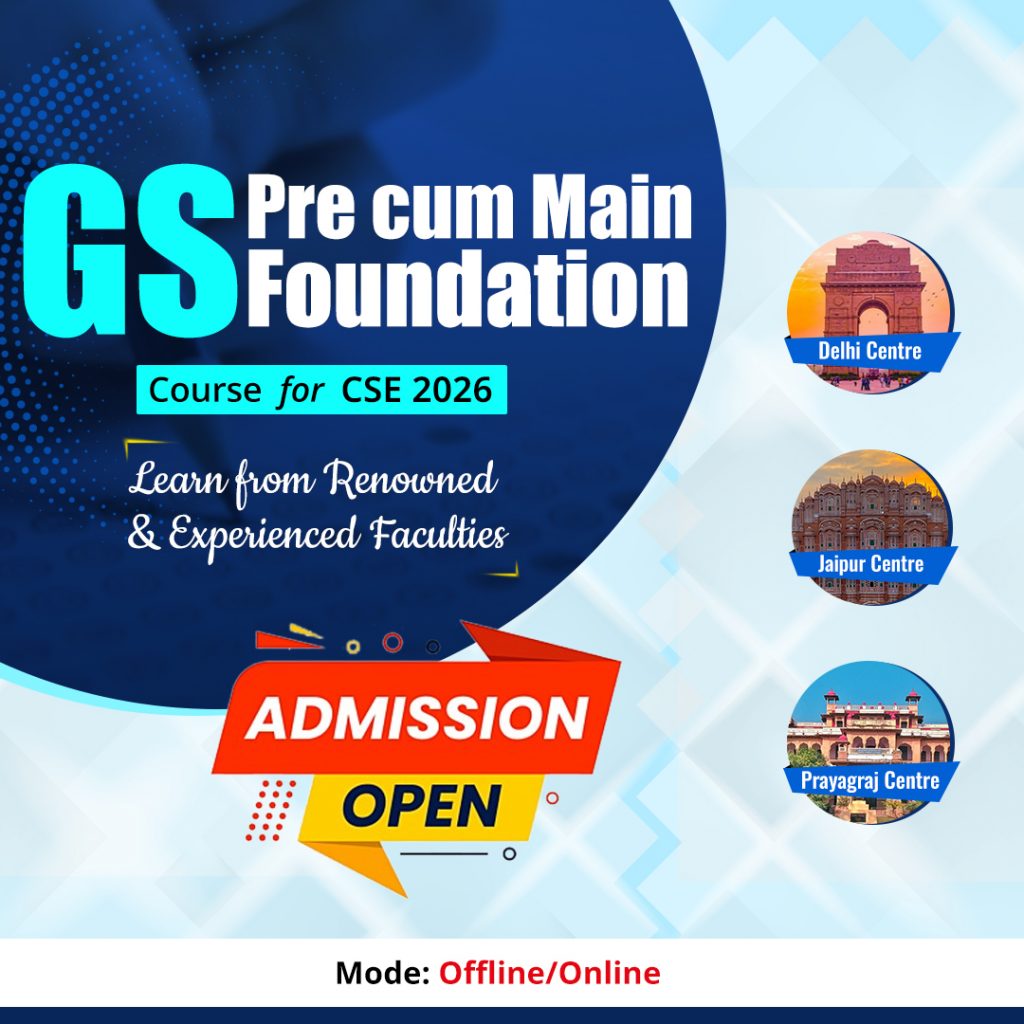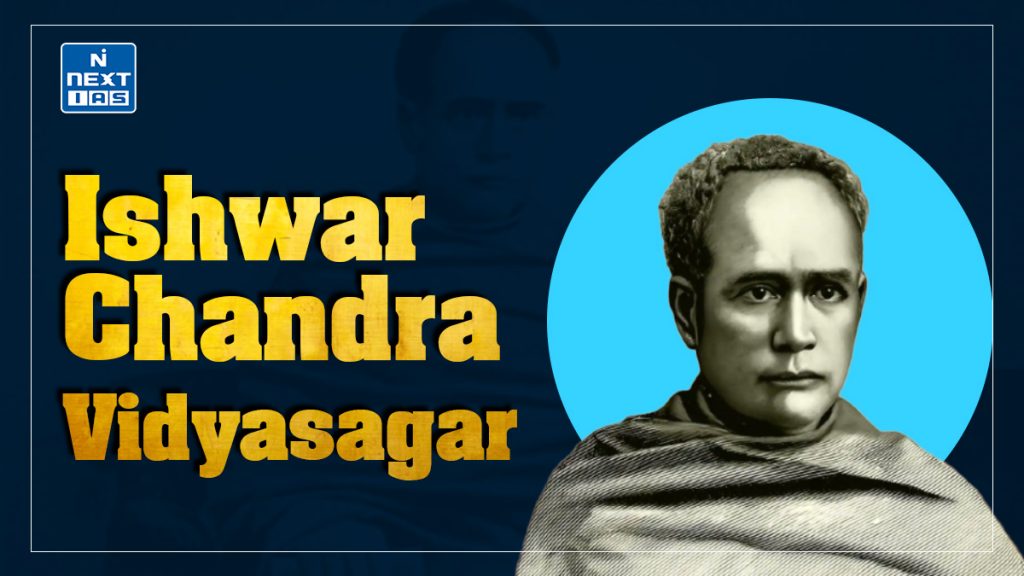
Pandit Ishwar Chandra Vidyasagar was a renowned 19th-century Indian reformer, Sanskrit scholar, and educator who championed the causes of women’s rights and accessible education. His efforts to eradicate social evils like child marriage and his advocacy for widow remarriage and female education laid the foundation for social progress in India. This article aims to study in detail the life, ideology, and contributions of Pandit Ishwar Chandra Vidyasagar, emphasizing his pivotal role in shaping modern Indian society.
About Ishwar Chandra Vidyasagar
- Pandit Ishwar Chandra Vidyasagar, a towering figure in 19th-century India, played a pivotal role in reforming society and advancing women’s rights.
- Born on 26th September 1820 in Birsingha, West Bengal, and passing away on 29th July 1891, Vidyasagar was a Sanskrit scholar, an educationist, and a social reformer who devoted his life to eradicating social evils and promoting education for all.
Biography of Ishwar Chandra Vidyasagar
- A distinguished Sanskrit scholar, Vidyasagar served as the principal of Sanskrit College in Calcutta.
- He believed that education should not be the privilege of a single community and broke the monopoly of Brahmin priests by opening Sanskrit education to non-Brahmin students.
- His efforts challenged traditional norms and paved the way for inclusivity in Indian education.
- Vidyasagar was a strong advocate of blending Eastern and Western educational systems.
- He believed that modern scientific knowledge should complement traditional Indian learning, thus ensuring a holistic approach to education.
Champion of Women’s Rights
- One of Vidyasagar’s most remarkable contributions was his tireless advocacy for women’s rights.
- At a time when societal norms were oppressive toward women, he worked against practices like child marriage, polygamy, and the denial of education to women.
- His belief in gender equality led him to spearhead initiatives for female education.
- As the secretary of Benthune School, he transformed it into a significant center for women’s education and personally funded the establishment of over 35 girls’ schools.
- He was also instrumental in passing the Hindu Widow’s Remarriage Act of 1856, which legalized widow remarriage.
- Vidyasagar not only campaigned for this law but also set an example by arranging and supporting widow marriages.
- This act challenged deeply ingrained social prejudices and offered hope to countless widows.
Opposition to Child Marriage
- Vidyasagar played a crucial role in passing the Age of Consent Act in 1860, which set the minimum age for the consummation of marriage at ten years.
- This reform laid the groundwork for subsequent laws aimed at eradicating child marriage and safeguarding women’s health and rights.
Ideological Foundations of Ishwar Chandra Vidyasagar
Vidyasagar’s ideology was rooted in the principles of equality and human dignity:
- Gender Equality : He was a staunch proponent of equal rights for women, opposing subjugation and discrimination.
- Education for All : Vidyasagar believed education should be accessible to every individual, irrespective of caste or gender.
- Social Empowerment : He viewed education as a tool to empower marginalized communities and uplift society as a whole.
Contributions to Education and Society
- Ishwar Chandra Vidyasagar introduced reforms in the teaching methodology of Sanskrit, making it more accessible and practical.
- As a reformist, he aimed to bridge the gap between societal traditions and modern values.
- His efforts extended beyond education; he actively sought to address the root causes of social ills through legislative changes, public awareness campaigns, and direct intervention.
Legacy of Ishwar Chandra Vidyasagar
- Ishwar Chandra Vidyasagar remains a symbol of social reform and progress.
- His work in women’s education, widow remarriage, and child marriage reforms had far-reaching impacts, inspiring future generations to continue the struggle for equality and justice.
Conclusion
Pandit Ishwar Chandra Vidyasagar’s life was a testament to his unwavering commitment to justice, education, and equality. His pioneering efforts in women’s empowerment, educational reforms, and social upliftment have left an indelible mark on India’s journey toward modernity. His legacy serves as a guiding light for those striving to create a more equitable and inclusive society.
Frequently Asked Questions (FAQs)
Who was Ishwar Chandra Vidyasagar?
Ishwar Chandra Vidyasagar was a 19th-century Indian social reformer, educator, and writer known for his contributions to education, women’s rights, and the Bengal Renaissance.
What were the main achievements of Ishwar Chandra Vidyasagar?
Vidyasagar advocated for widow remarriage, leading to the Widow Remarriage Act of 1856, modernized Sanskrit education, promoted women’s education, and played a key role in social reforms opposing child marriage and polygamy.
Which movement was started by Ishwar Chandra Vidyasagar?
Ishwar Chandra Vidyasagar spearheaded the Widow Remarriage Movement to improve the status of widows and secure their rights to remarry.
Ishwar Chandra Vidyasagar founded which Samaj?
Ishwar Chandra Vidyasagar was associated with the “Brahmo Samaj,” where he supported its reformist agenda, though he did not directly found any specific Samaj.

